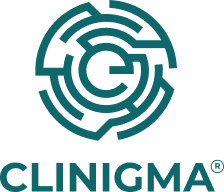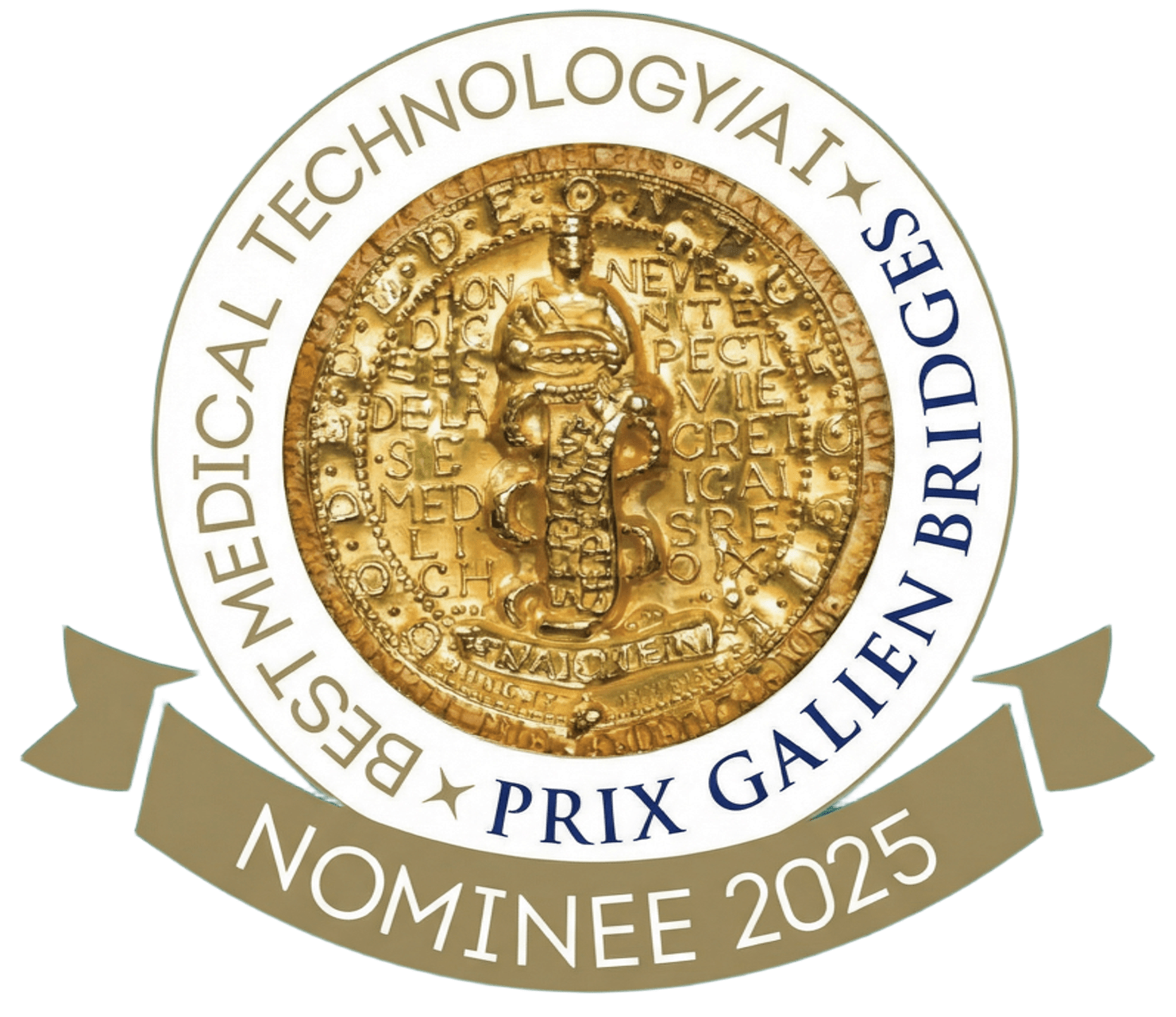Centering patients for new cancer drug development

What if the key to breakthrough cancer treatments isn't just in the lab—but in listening to patients themselves?
The traditional playbook for oncology drug development has focused on survival curves and tumor shrinkage while missing something critical: what actually matters to the people taking these treatments.
The Current Reality: Patient Voices Are Missing
Analysis of patient-reported outcomes in novel oncology drug approvals from 2017–2022 shows that patient voices currently don't play a significant role in regulatory review. We're still figuring out how patient feedback can support drug approvals.1
The challenges are real: lack of minimal clinically important difference data, limitations of unblinded trial designs, and regulatory catch-22s. FDA reviewers consistently cite the absence of clinically meaningful thresholds when evaluating patient interview data.
Cancer patients might prioritize maintaining mental clarity over marginal survival gains. Traditional endpoints won't capture that preference.
FDA's Game-Changing New Standards
The regulatory landscape just shifted dramatically. In June 2024, the FDA finalized new guidance putting patient experience data front and center—as essential evidence for understanding treatment impact.
Sponsors must now include patient-reported data as key efficacy endpoints. Patient feedback measuring mobility, cognitive burden, and emotional well-being is required. As cancer becomes increasingly managed as a chronic disease, these quality-of-life metrics carry the same weight as survival rates.2
Breaking Through Implementation Barriers
Despite regulatory support, translating patient insights into regulatory wins remains challenging. Recent evidence found no significant bias in patient-reported outcomes from open-label trials—demolishing old assumptions about patient overreporting.
CLINIGMA® specializes in navigating these complexities. With deep oncology expertise, our team designs patient feedback instruments that capture critical experiences—from treatment burden to survivorship impacts. This approach integrates real-world evidence to complement clinical trial data.
What Actually Works
For rare cancers, embedded interviews within trials provide rich insights without massive patient cohorts. This approach defines patient-centric endpoints and uncovers hidden treatment burdens.
Real-world evidence is gaining traction for cancer approvals. Electronic health records, claims data, and digital tools can capture real-time feedback, but data must reflect diverse populations through cultural adaptation.
A recent case study highlights this power. During a PARP inhibitor approval, specialized patient-focused research demonstrated a 25% reduction in treatment burden compared to standard chemotherapy, plus measurable neurocognitive improvements. These patient insights proved pivotal in the FDA's decision.
The Bottom Line
Patient voices are no longer optional—they're regulatory requirements and competitive advantages rolled into one.
CLINIGMA® helps companies navigate this shift, ensuring therapies align with what patients value most. Companies that master authentic patient engagement won't just meet FDA expectations—they'll develop treatments that address what patients actually value.
Traditional endpoints told us if treatments worked. Patient voices tell us if treatments matter. In cancer care, that distinction could mean everything.

CLINIGMA® provides expert solutions in capturing patient feedback in clinical trials in accordance with regulatory requirements. With the largest global network of researchers on the market, we are able to interview patients worldwide, which enables us to accommodate the needs of global pharmaceutical companies.
References
1Zhang, Yimei, et al. "Patient-reported outcomes in novel oncology drug approvals from 2017–2022: A systematic review." EClinicalMedicine 68 (2024): 102413. https://www.thelancet.com/journals/eclinm/article/PIIS2589-5370(23)00590-4/fulltext
2U.S. Food and Drug Administration. "Clinical Trial Endpoints for the Approval of Cancer Drugs and Biologics Guidance for Industry." https://www.fda.gov/regulatory-information/search-fda-guidance-documents/clinical-trial-endpoints-approval-cancer-drugs-and-biologics






